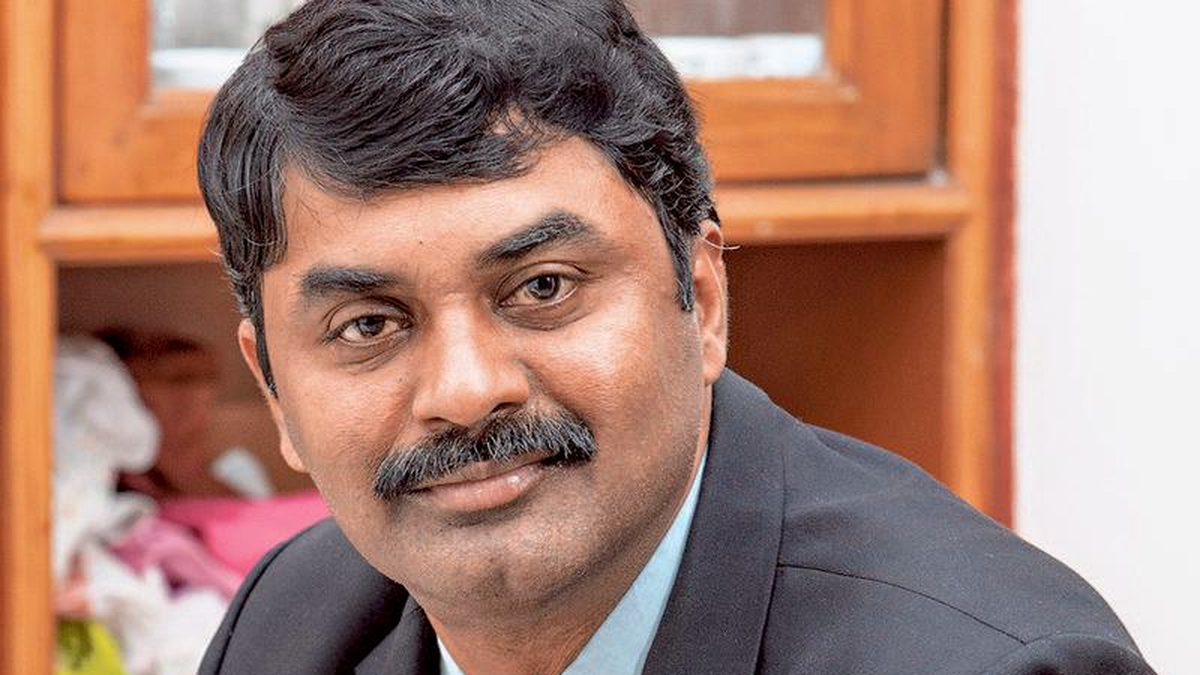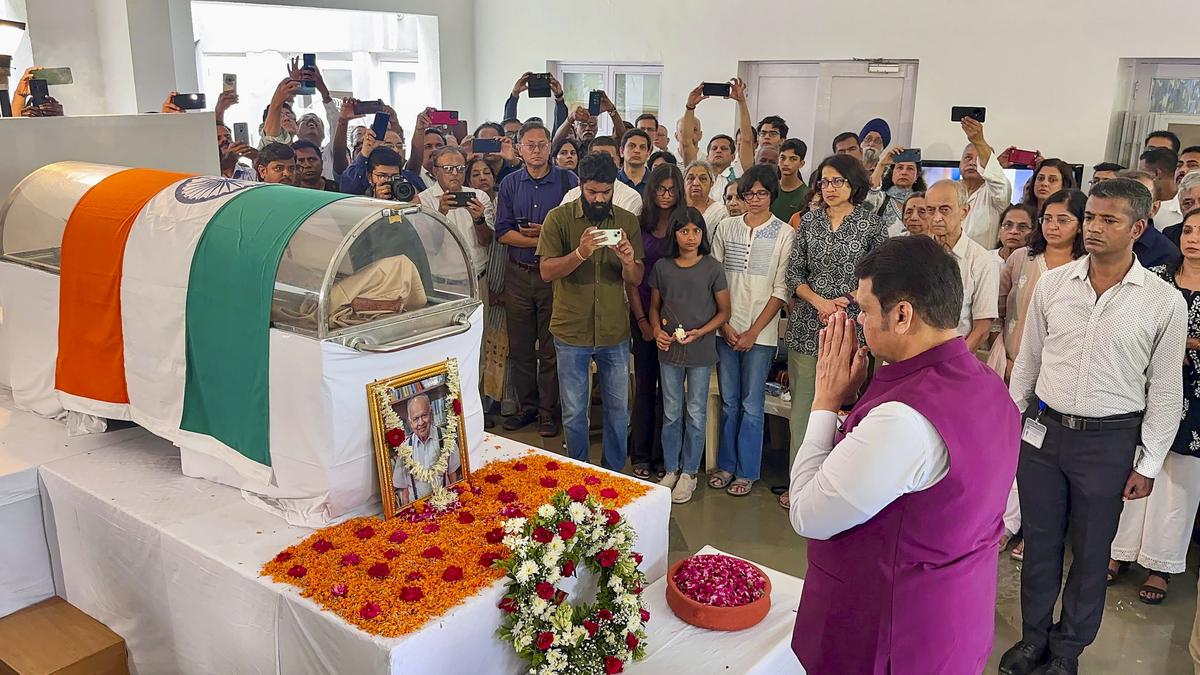
Senior officials from the United States Government and the Government of India signed a Statement of Intent on June 17 to formally establish the Gandhi-King Development Foundation by October 2024.
| Photo Credit: ANI
The Act itself, set up to strengthen India-U.S. ties through studying the “history and legacies” of Mahatma Gandhi and Dr. Martin Luther King Jr., mandated the setting up of three entities. Two of these were done in the U.S. itself: an exchange programme for 20 scholars each year, and a “global academy” to be set up by the U.S. Institute of Peace in Washington. However, while the exchange programme and global academy have been in place since 2021, movement on the third entity, the Gandhi-King Development Foundation, has made little progress.
According to sources, this is due to excessive scrutiny in New Delhi of the scope and mechanism of routing U.S. government funds for the studies in India.
Preliminary work underway
After an MoU was signed on June 17 this year, in the presence of National Security Advisor Ajit Doval and his U.S. counterpart Jake Sullivan in Delhi, U.S. officials said that work on the foundation is now underway. However, sources in the Ministry of External Affairs (MEA) said that only “preliminary discussions” have been held so far, and that the U.S. has not yet provided clarity on the structure of the foundation.
“Once the U.S. decides on what fund structure they want for the Foundation and for what kind of activities, only then can they send GOI a proposal. Once the proposal is received it will be examined by the relevant department/ministry,” an official told The Hindu, adding that India had not been initially consulted in the setting up of the Gandhi-King initiative.
FCRA compliance
The U.S. Agency for International Development (USAID) officials, however, say that they have been holding “bi-weekly meetings” with Indian officials to iron out the details of the foundation that is due to be set up by October 2024, ostensibly in time for Mahatma Gandhi Jayanti on October 2. USAID is overseeing the implementation of the agreement, which will require both U.S. funding and matching funding from the Indian private sector.
“We have a working group established between MEA and teams at USAID along with the Indian Embassy in Washington where we work on finalizing the governing structure, where we work on finalizing the approach on contractual ways, how do we work with FCRA in India… to set this institution foundation up,” said Anjali Kaur, USAID Deputy Assistant Administrator for Asia, at a U.S. Congressional Subcommittee hearing in Washington on July 23.
The U.S. Embassy in Delhi said that USAID was ready to allocate “$29 million in seed funding for the Gandhi-King Development Foundation, pending its formation” if the private sector in India commits an amount equal to that provided by the United States.
“USAID is working closely with the Indian Ministry of External Affairs to comply with any FCRA-related provisions that would impact the Gandhi-King Development Foundation’s operations,” U.S. Embassy spokesperson Chris Elms said in a written response to The Hindu’s queries about the FCRA hurdles.
With just two months to go for the October deadline, officials say they hope their discussions will “put them on track” to form the foundation, sort out the financing, and apply and receive FCRA clearances.
Red flags for MHA
As The Hindu has reported on a number of occasions, the FCRA permissions process has been a source of tension between the MEA and the Ministry of Home Affairs (MHA) over the past few years. Concerns about the government’s decision to withhold clearances to a number of reputed international NGOs have been raised by the U.S. and other countries with the MEA. Many of the NGOs that have shut down their operations in India over FCRA issues in the past decade involved private funding, such as Amnesty International, Greenpeace, Human Rights Watch, and Compassion International. However, a few U.S. government and congressional agencies such as Ford Foundation, National Endowment for Democracy (NED), Defense and Threat Reduction Agency (DTRA), and others have also been refused permission to disburse funds in India.
The MHA did not respond to requests for a comment on the issue. However, sources said that “red flags” had been raised initially within the government over the intent of the Gandhi-King Scholarly Exchange Initiative. Grant application notices had said that the funds (about $400,000 per student chosen) would be available for research on “civil rights movements; social justice; human rights; the rights of minorities or historically disadvantaged groups, whether racial, ethnic, religious, or based on sexual orientation or gender identity,” all issues that New Delhi has often been sensitive about. The government had also questioned why India required foreign funding assistance for such studies at all.
However, U.S. officials said that the concerns have since been smoothed over and that the Gandhi-King Foundation would focus on India’s development priorities only, with issues such as climate change, tuberculosis, water and sanitation, air pollution, education, and women’s empowerment on the agenda.
(with inputs from Vijaita Singh)





